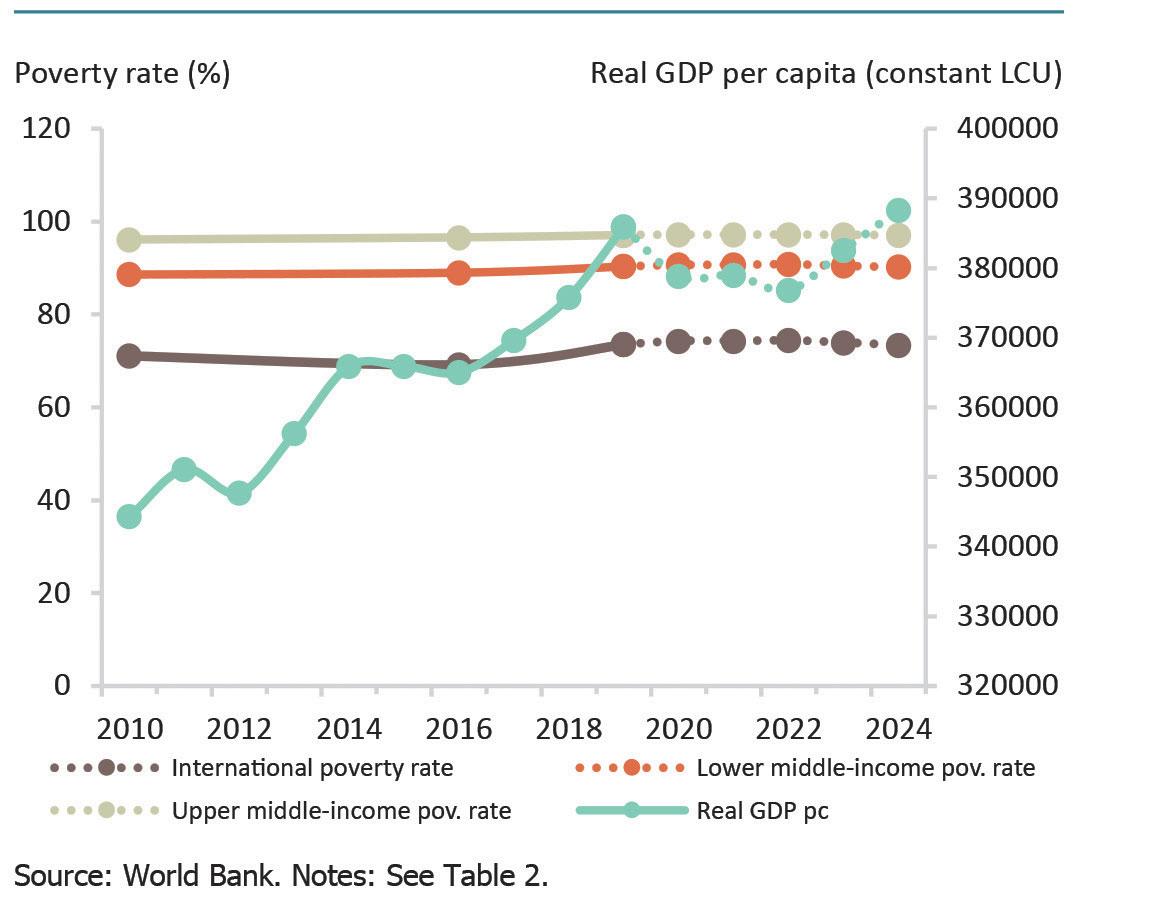Africa-Press – Malawi. The share of Malawians living below the international poverty line of $1.90 (about K1,541) per day will stagnate at 74 percent in the next two years, the World Bank has said.
This means that only 26 percent of the 18 million Malawians, will, in the next 24 months, be able to be earning and spending at least K1,541 per day. The number was seen declining slightly from 71.7 percent in 2010 to 70.3 percent in 2016 but the trends reversed due to population growth, among other things.
In its April 2022 Malawi Poverty Outlook, where it has also lowered Malawi’s 2022 growth projection to 2.1 percent, the Britton Woods institution says the prospects remain murky.
It says due to the weather-related shocks affecting agricultural productivity and incomes, the share of the population below the international $1.90 poverty line is projected to stagnate around 74 percent in 2022 and 2023”.
“Rising food prices have impacted households’ budget by reducing consumption levels, resulting in declining welfare and counteracting improvements in economic growth. In turn, Malawi’s $1.90 international poverty rate has remained at 74 percent,” the report reads.
It says frequent weather shocks, along with the slow pace of structural transformation, have contributed to the high and stagnant poverty rate in the last decade.
Figures provided indicate that between 2010 and 2020, the share of people below the $1.90 per day poverty line increased from 72 percent to 74 percent. Meanwhile, the Britton Woods institution says economic growth is projected to decline to 2.1 percent in 2022, from 2.8 percent in 2021.
In an interview Wednesday, Economics Association of Malawi Chief Executive Officer Frank Chikuta said averting the scenario would depend on collective effort.
“The shocks which have affected the agriculture sector this year may, indeed, lead to stagnation of poverty because agriculture productivity and incomes will definitely be affected.
“The weather shocks affected parts of the country while some other parts were not affected. So, one would expect that the harvest may be good in other areas compared to other areas. As such, the government needs to make sure that food it evenly distributed to contain food inflation,” he said.
For More News And Analysis About Malawi Follow Africa-Press






